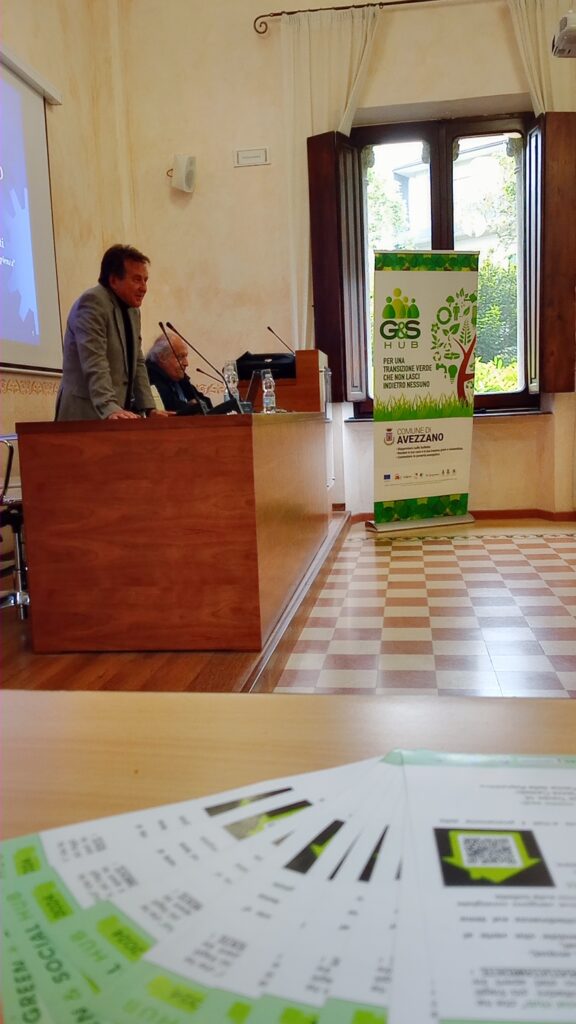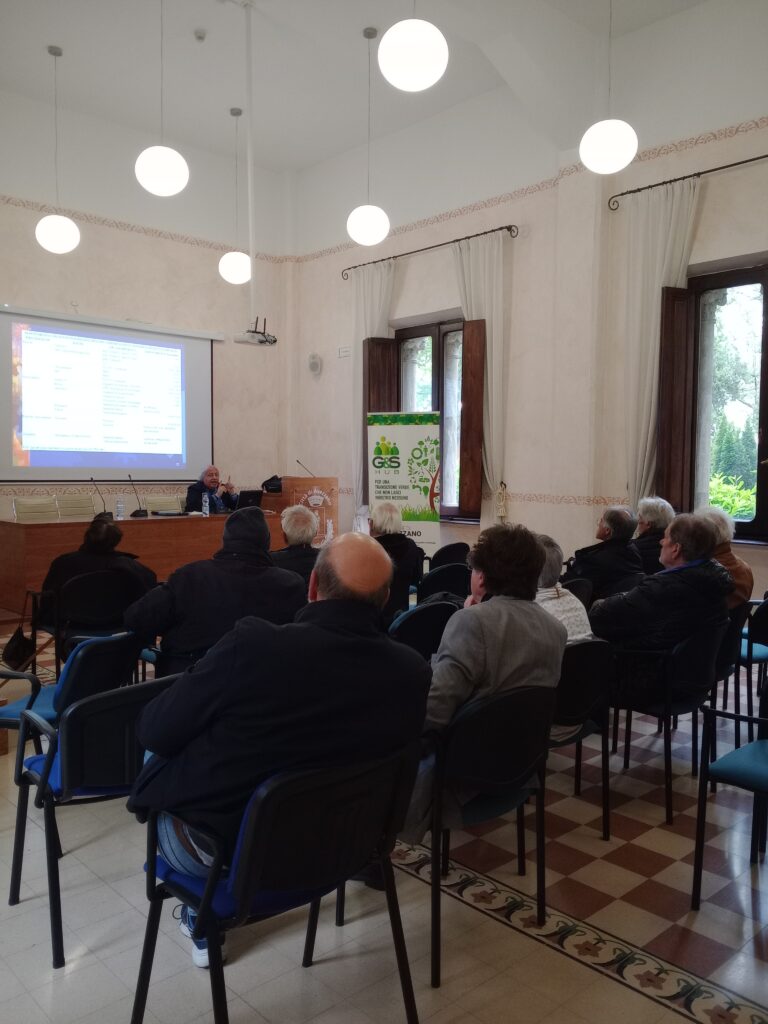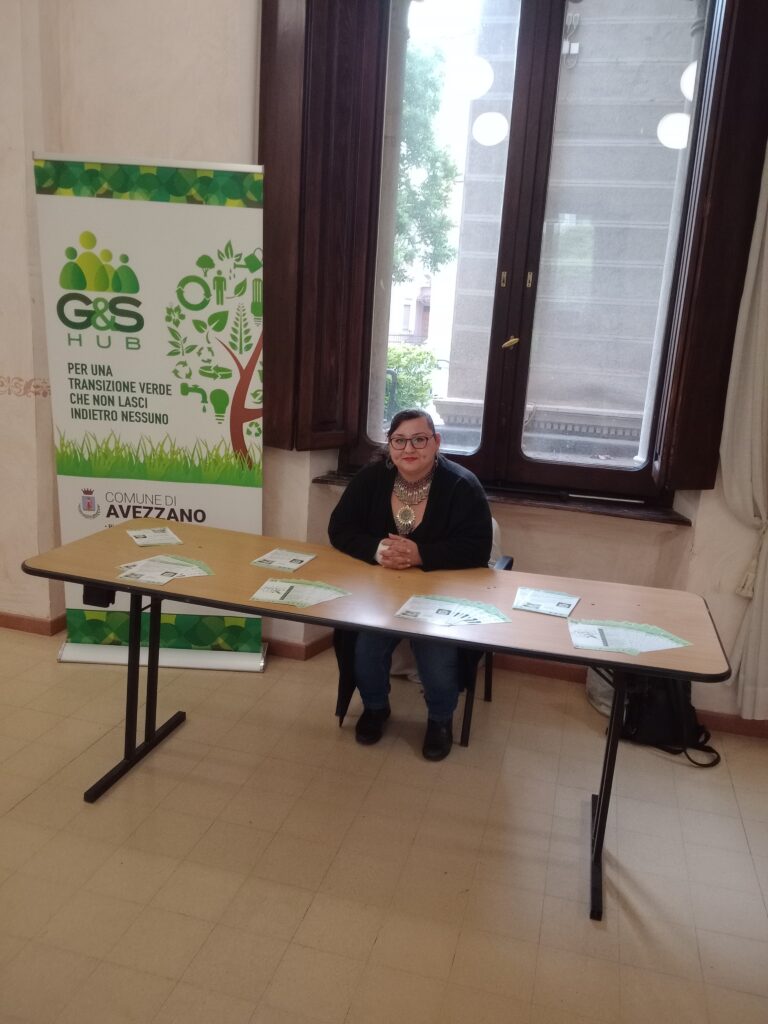An Introduction to Energy: Sources, Consumption, and Sustainability
The seminar titled “An Introduction to Energy” offered a clear and structured overview of the fundamental concepts related to energy, its sources, and the management of energy resources in today’s world.
The session began by distinguishing between energy and energy sources, laying the groundwork for understanding the broader energy system. The discussion then moved on to the differences between fossil fuels (such as coal, oil, and natural gas) and renewable sources, with a further distinction between traditional renewables (like hydropower and biomass) and non-traditional ones (such as solar and wind energy).
A central part of the seminar focused on the distribution of electrical load on the grid, exploring how the availability of various sources and their respective plants affects energy management. In this context, the seminar clarified the important difference between energy and power, two terms that are often confused but are essential for understanding supply and demand dynamics. Similarly, it addressed the distinction between energy needs and actual consumption, which helps to interpret energy use data more accurately.
The discussion then shifted to the energy market, explaining the mechanisms that determine the price of electricity, a topic that has become increasingly relevant due to its economic and social implications.
Toward the end, the seminar tackled the pressing issue of energy poverty, highlighting inequalities in access to basic energy services. The event concluded with an analysis of the blackout that occurred in Spain, emphasizing that the incident was not caused by renewable sources, thus challenging common misconceptions about the reliability of renewables.
Overall, the seminar provided a foundational perspective, useful for navigating the complex and evolving world of energy—an issue that lies at the heart of today’s environmental, economic, and social challenges.



